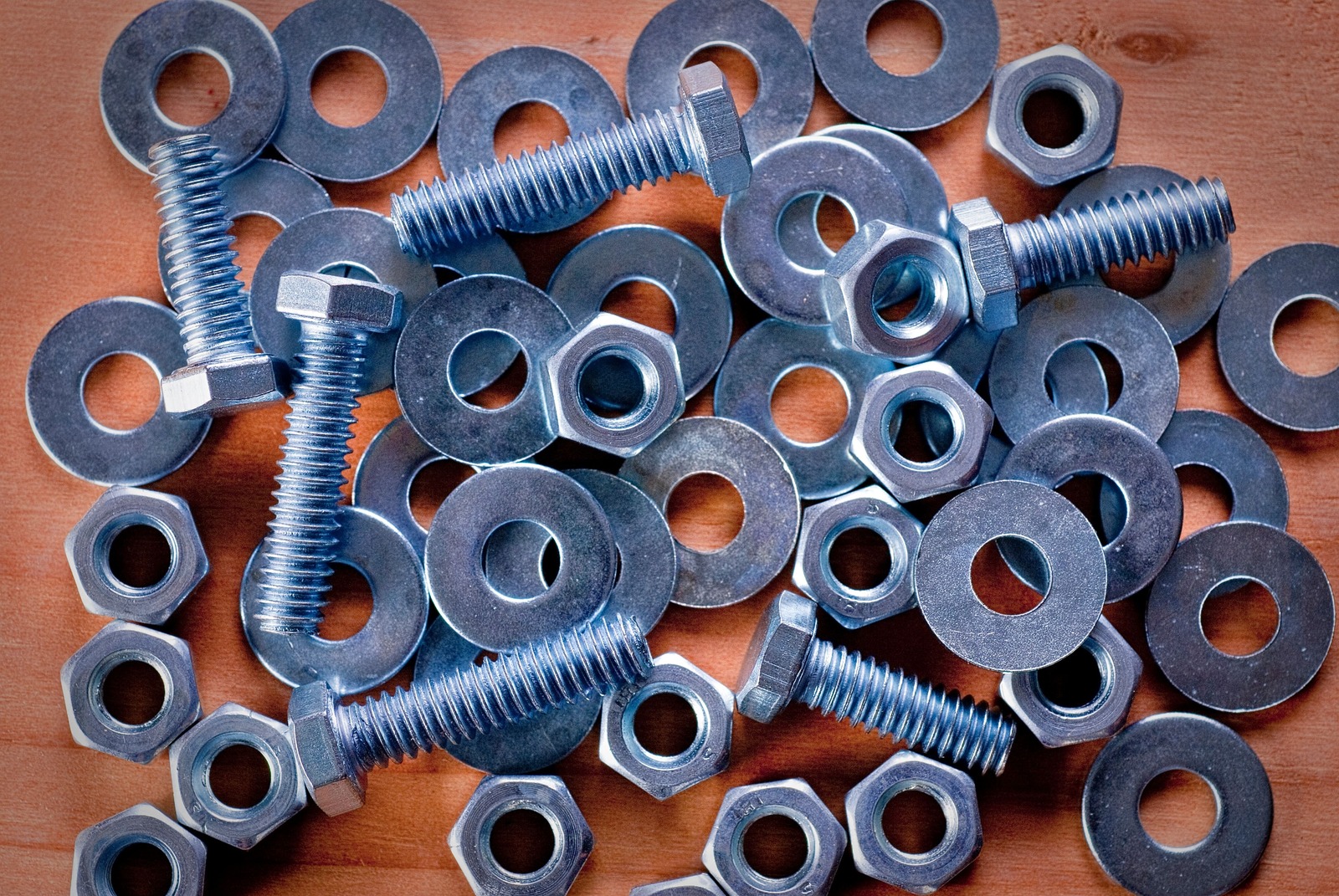In the realm of fasteners, bolts and screws take center stage, serving as crucial components in various construction, manufacturing, and assembly projects. Amidst the array of components involved, washers stand as unsung heroes, often overlooked but playing a pivotal role in ensuring the integrity, reliability, and longevity of connections. Their significance lies in enhancing the functionality, distributing loads, and preventing damage, thereby elevating the overall performance of bolt and screw applications.
Understanding the Role of Washers
Washers, typically thin, disk-shaped components with a central hole, are placed beneath nuts or bolt heads. They serve multiple purposes, primarily functioning as spacers, redistributors of load, and protectors of surfaces. Despite their seemingly simple design, washers play a crucial role in optimizing the effectiveness of bolted and screwed joints.
Table of Contents
Load Distribution and Protection
One of the primary functions of washers is to distribute the load over a wider area. When a bolt or screw is tightened, it exerts pressure on the material it is fastened to. Without a washer, this pressure is concentrated on a small surface area, which can cause deformation or damage to the material. Washers mitigate this issue by spreading the load, reducing the risk of material distortion and ensuring a more even distribution of force across the surface.
Surface Protection and Damage Prevention
Washers act as a protective barrier between the fastener and the surface it contacts. This is particularly crucial when dealing with delicate or easily damaged materials. By cushioning the contact point, washers help prevent surface scratches, dents, or other forms of damage that could compromise the integrity or aesthetics of the material being fastened.
Reducing Friction and Improving Stability
In addition to load distribution and protection, washers also contribute to reducing friction between the nut or bolt head and the surface. This helps in achieving more consistent and controlled tightening of fasteners, reducing the likelihood of slippage or loosening over time. Furthermore, washers enhance stability by preventing the nut or bolt head from digging into the material, thus maintaining a secure connection.
Types of Washers and Their Applications
Washers come in various types and materials, each designed for specific applications. Flat washers, the most common type, offer general-purpose load distribution and surface protection. Spring washers, with their unique spring-like shape, provide tension to prevent loosening caused by vibrations. Lock washers, including split washers and toothed washers, are designed to resist loosening and maintain tension in high-vibration environments.
Choosing the Right Washer
Selecting the appropriate washer depends on several factors, including the specific application, material compatibility, load requirements, and environmental conditions. Engineers and manufacturers carefully consider factors such as washer material, size, thickness, and shape to ensure optimal performance and longevity of bolted or screwed connections.
Enhancing Performance and Longevity
The inclusion of washers in bolt and screw applications significantly enhances their performance and longevity. Whether in construction, machinery assembly, automotive manufacturing, or household fixtures, washers contribute to the reliability and durability of connections. Their role in preventing damage, improving stability, and distributing loads ensures that fastened joints remain secure and intact over time.
Conclusion
In the realm of bolt and screw applications, washers emerge as indispensable components, playing a pivotal role in ensuring the reliability, durability, and integrity of connections. Their seemingly simple design belies their multifaceted functions, encompassing load distribution, surface protection, friction reduction, and stability enhancement. Engineers, manufacturers, and builders acknowledge the pivotal role of washers, integrating them into fastening systems to optimize performance and guarantee the longevity of bolted and screwed joints.

